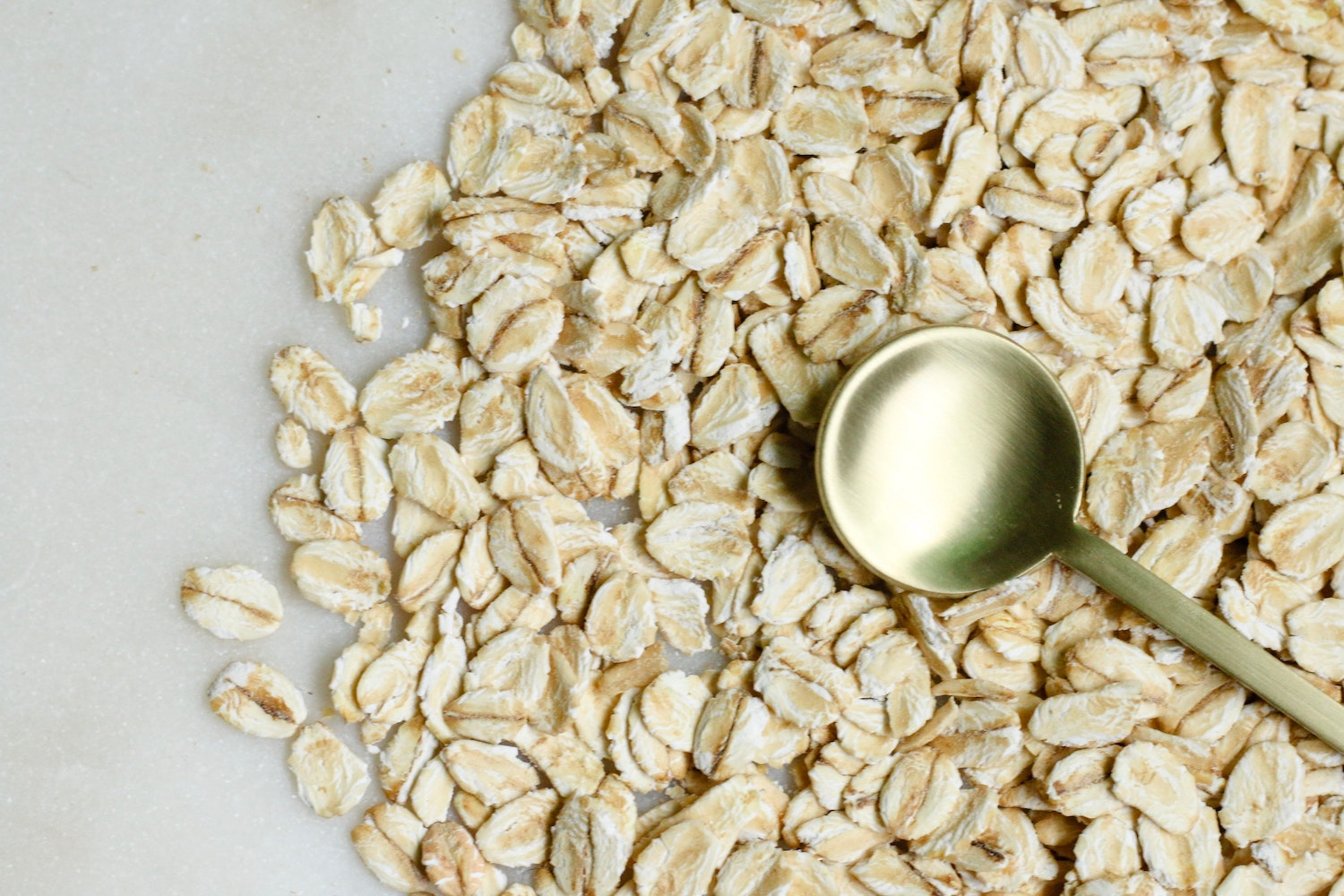The Mineral You Don’t Want to Miss: Importance of Zinc and It’s Vegan Sources

There are 14 trace elements, and one of them is zinc. A trace element is only needed in trace amounts of the body (go figure!). Trace elements account for only 0.02% of total body weight but play significant roles in our body.
Regularly consuming zinc daily is essential as your body only needs small amounts to function properly and then disposes of the rest. Read on to know how to incorporate zinc into your vegan diet.
Here’s what Zinc does for your body
Zinc plays a role in about 100 different enzymes and their catalytic activity (a fancy word for chemical reaction).
These chemical reactions and enzymes help to do big things in our bodies, such as building up muscle, getting rid of toxins, and breaking down food during digestion.
More specifically, zinc plays a role in:
- Immune function
- Protein synthesis (creation of protein by cells)
- Wound healing
- DNA synthesis
- Cell division
This mineral is also vital during pregnancy and for growing children. Zinc supports healthy growth and development and is needed to have a proper sense of taste and smell.
Since zinc is spread widely across the body, it's generally difficult to measure your nutritional status.
A deficiency will show signs with the most common being:
- Growth delay
- Loss of appetite
- Impaired immune function
- Hair loss
- Diarrhea
- Hypogonadism in males (testosterone deficiency)
- Delayed healing of wounds
- Weight loss
What happens if you're deficient in zinc?
A zinc deficiency is usually uncommon, but can still occur in certain groups. This includes individuals dealing with gastrointestinal issues, pregnant women, and vegetarian/vegans (gasp!). Why might you ask? Keep reading.
So, how much Zinc do I need? And, what vegan foods are high in Zinc?
Before we dive into what foods contain zinc, let's break down how much zinc you need to meet your recommended dietary allowance (RDAs).
| Age | Male | Female | Pregnancy | Lactation |
| Birth to 6 months | 2 mg | 2 mg | ||
| 7 to 12 months | 3 mg | 3 mg | ||
| 1 to 3 years | 3 mg | 3 mg | ||
| 4 to 8 years | 5 mg | 5 mg | ||
| 9 to 13 years | 8 mg | 8 mg | ||
| 14 to 18 years | 11 mg | 9 mg | 12 mg | 13 mg |
| 19+ years | 11 mg | 8 mg | 11 mg | 12 mg |
Oysters are among the top food items high in zinc, containing a whopping 74 milligrams (mg) per serving.
The next highest options are also animal-derived products. Unfortunately, that is not an option with a vegan diet, but plant-based foods still contain zinc (although not nearly as much).
Some of the top sources include:
- Vegetarian baked beans - ½ cup - 2.9 mg
- Breakfast cereal (fortified with 25% of the Daily Value for zinc) - 1 serving - 2.8 mg
- Oatmeal - 1 cup - 2.3 mg
- Pumpkin seeds - 1 ounce - 2.2 mg
- Cashews - 1 ounce - 1.6 mg
- Chickpeas - ½ cup - 1.3 mg
- Chia seeds - 1 ounce - 1.0 mg
- Almonds - 1 ounce - 0.9 mg
- Kidney beans - ½ cup - 0.9 mg
Should I consider a Zinc supplement if I’m vegan?
Even though it may seem like it's an easy task to get in your zinc as a vegan, there is one roadblock.
A compound called phytate is found in high amounts of plant-based unrefined cereals, legumes, and seeds. How much phytate these foods have can vary depending on the environment it was grown in, what fertilizers were used, and the seeds' maturity when harvested. Animal products contain no phytate at all.
The roadblock phytate presents when it comes to zinc is how it affects its absorption.
When eating high phytate foods along with high zinc foods, lower zinc absorption can occur.
Vegans may need up to 50% more of the RDA for zinc compared to non-vegans.
Further research needs to be done to determine how much or little phytates disrupt zinc absorption, as there is conflicting research.
It still doesn't hurt to try and limit your phytate intake to ensure all the zinc you need is getting utilized by your body. There are specific methods you can use to reduce the amount of phytate found in food.
Most common methods include:
- Soaking cereal and legumes in water overnight
- Sprouting (aka germination)
- Fermentation (especially using lactic acid)
Phytates aren't all bad either. It's just their effect on zinc that creates a problem. They actually have certain health benefits, including lower blood glucose and lipid levels, antioxidant properties, and anticancer activity.
Zinc is still vital for vegans
Zinc is one small element in our body, but it is necessary for many significant functions.
Most animal food sources have the highest zinc levels, but it is still found in many plant-based foods. That doesn't make it easy-peasy to reach your zinc requirements as a vegan, as phytate is here to disrupt that whole process.
If you're showing symptoms of a zinc deficiency or are concerned you're not getting enough in, dial-up your doc and make an appointment. The fix can be as simple as a supplement.